Hollywood loves dreaming up future technologies in movie scripts, and although we may not (yet) have the beloved hovercrafts and flying cars from the Back to the Future trilogy, other flicks have proved more accurate. Remember the iris scanning seen in Minority Report starring Tom Cruise? If a new Google patent comes to fruition, that might become a reality sooner than you think.
The idea is nothing new: ever since the inception of Android people have lusted for apps that leverage iris scanning unlock, and more recently, developments to use your face and your fingerprint to unlock your phone have hit the mass market. But these solutions have average performance and can be circumvented, making them more of a gimmick than anything else.
Two Google patents hot off the presses imagine a world where special contact lenses essentially turn your eye into a fingerprint, with each person having a unique, snowflake like signature. Built in capacitive sensors would be used to ensure it’s an actual eyeball, not a fake replica, that is being scanned.
The process has three steps:
- Receiving light on an iris of an eye
- Detecting, at one or more light sensors disposed on or within a transparent lens covering at least a portion of the eye, light reflected from the light incident on the iris of the eye, wherein the light reflected comprises image data indicative of a pattern associated with the iris.
- Outputting an iris fingerprint based in part on the image data
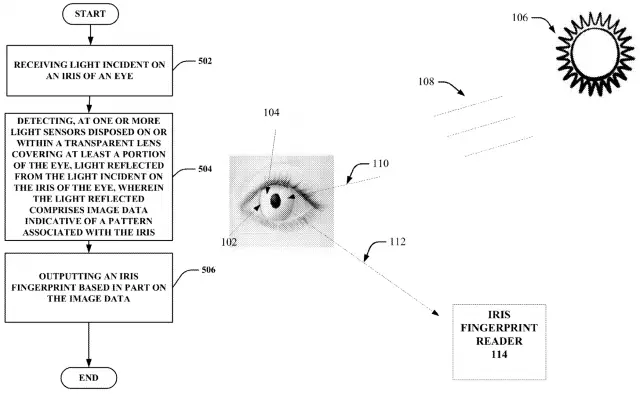
This would make iris scanning much more predictable because it normalizes the output into a predictable set of data. Think of it as a contact lens with an invisible QR code; when light reflects off your eye and back out of the contact lens, you’re able to scan the balance of returning light which would form a unique pattern based on the person wearing the contact.
What if someone ripped your eye out and tried to use it to unlock whatever was being protected? What if you tried to simulate the iris fingerprint with fake light output? That could be prevented with a second patent titled “facilitation of contact lenses with capacitive sensors”.
When we think of contact lenses, we think of touch screens. No, Google isn’t expecting you’ll have pattern unlock on this contact lens (ouch!), but they do anticipate it will sense the liquids in your eye and other materials rolling atop your eyelid- most notably your eyelids.
These contact lenses could sense when you blink. They could sense the thickness of your eyelids. They could sense the density of liquid in your eyes to ensure its a human eye with familiar traits using the contact lens. They could, if it all works out, ensure that the person using the contact lens is the right person before proceeding to the much higher confidence check of cross referencing the iris signature.
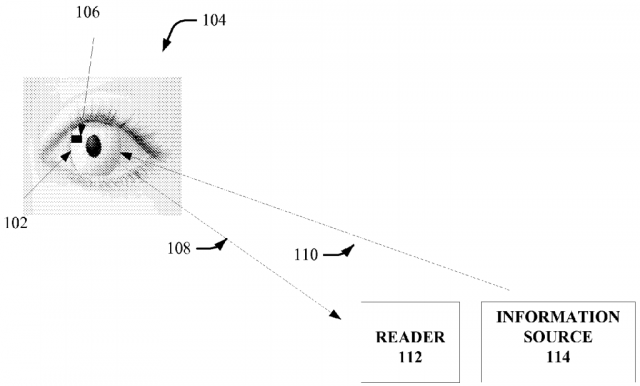
This is mostly conjecture: I don’t have any inside knowledge of Google’s plans for these patents or if they plan to leverage them at all, but they exist and this implementation makes the most logical sense.
If we wanted to get wacky with hypotheses we could suggest that Google contact lenses will be the next Google Glass. Instead of looking up to the right, nodding your head and swiping the side of your noggin, users could be composing text messages with disturbing combinations of eye blinking a la morse code, making everyone look like a maniacal uber dork.
Let’s hope not, but even that wouldn’t be a new idea: some might recall Jeremiah Denton, the former senator and Vietnam War POW who blinked T-O-R-T-U-R-E in morse code in a televised interview from 1966. Denton’s spectacular story came to an end earlier this year as he passed away at the age of 89.
Privacy buffs will most certainly rebuff the notion that anyone would want such invasive technology. I can understand that based on principle, but think of the possibilities beyond the consumer market. Think how this could be used in government facilities or corporations to protect access to high clearance areas or sensitive information. Unlocking your phone by looking at it is cool, but let’s pretend our motivational pool is a little less shallow, shall we?
So what do you think? Will these contact lenses ever come to market, and if so, how long will it take? Would you buy them? If your employer required them, would you wear them? And what do you see as being the most useful integration of this technology?

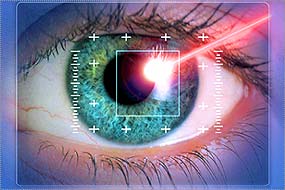
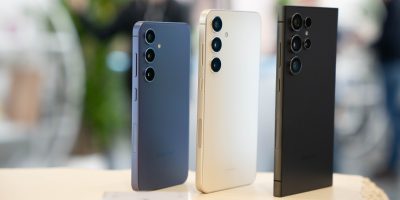
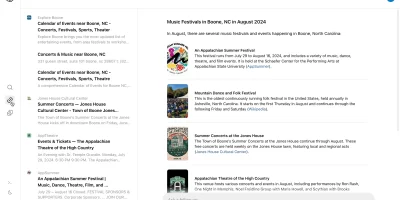
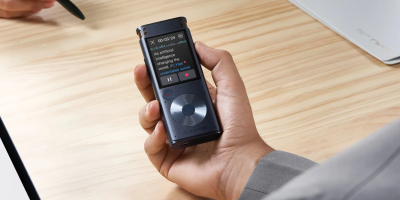
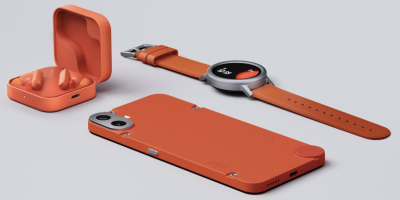
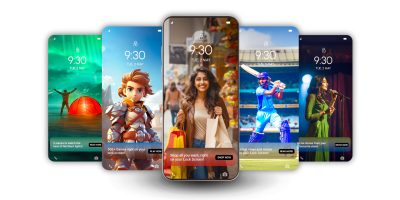
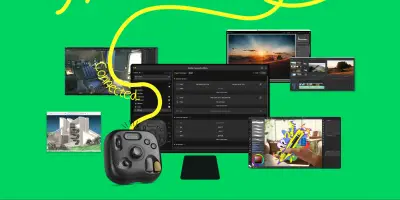


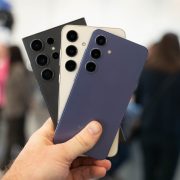

“Why are you clutching your face?” “My password was stolen, I need a doctor.”
lmao!
I feel like if you’re storing something on your phone that needs that level of security, you need to check your priorities.
How about for starting your self-driving Android Auto without a key?
I still don’t see why it’s necessary. We don’t even have that now. Even the smart keys anyone can use if they get ahold of it. If you use your phone to start your car, well to me that’s the same as losing your keys. You ought to learn how to be more responsible.
Nothing is necessary. Cars themselves aren’t necessary. Phones aren’t necessary. Convenience, entertainment, efficiency… they’re luxuries. But what seems unnecessary now, when placed in the flow of your everyday life, can sometimes surprise you with how helpful or nice it becomes… even if it’s just icing on the cake.
As an example, consider that 2 decades ago, mobile phones hardly existed. I’m sure people thought, “that’s dumb if I want to call someone I’ll find a payphone or go to my house”. They don’t seem so unnecessary now, though.
I actually don’t have a smartphone, I’ve just installed a payphone at every viable location I have ever been or will ever be. Calling cards, FTW.
Good point, we don’t have self-driving Android Cars, so we should do absolutely nothing to prepare for when they’re reality.
I swear the comments on here are getting dumber and dumber
It’s a neat concept, but just like their patent on the neck tattoo, I don’t trust Google enough to not take even more personally identifying information or stick a self destruct option in there.
It’d be great as a future glass, so we avoid issues.
Oh great, now there can be something in google to always know what I’m looking at. No thanks.
Sounds promising but I’ll wait until LG integrates Knock Code in these lenses…